

Happy mid-week. 
In yesterday’s newsletter, we referenced a news article detailing an ongoing legal case between M-KOPA and a former employee, which contained some inaccuracies. The second blurb of today’s newsletter has been updated to include M-KOPA’s comments regarding the case and what we’ve learned in our investigation.
With that clarification in place, yesterday, the Central Bank of Nigeria (CBN) held interest rates steady at 27.5% for the third time in a row. The apex bank also announced on the sidelines that 8 unnamed Nigerian commercial banks—out of 26—have completed the recapitalisation exercise begun in March 2024.
PS: Have you tried Sesame’s AI Voice Companion? The AI Voice assistant claims it is good at two things: being a good listener and offering you extra perspective. You should check it out, it really feels like talking to a real person.
Let’s get into it!

Venture Capital
The Collapse of 54 Collective: A rare and costly venture shutdown
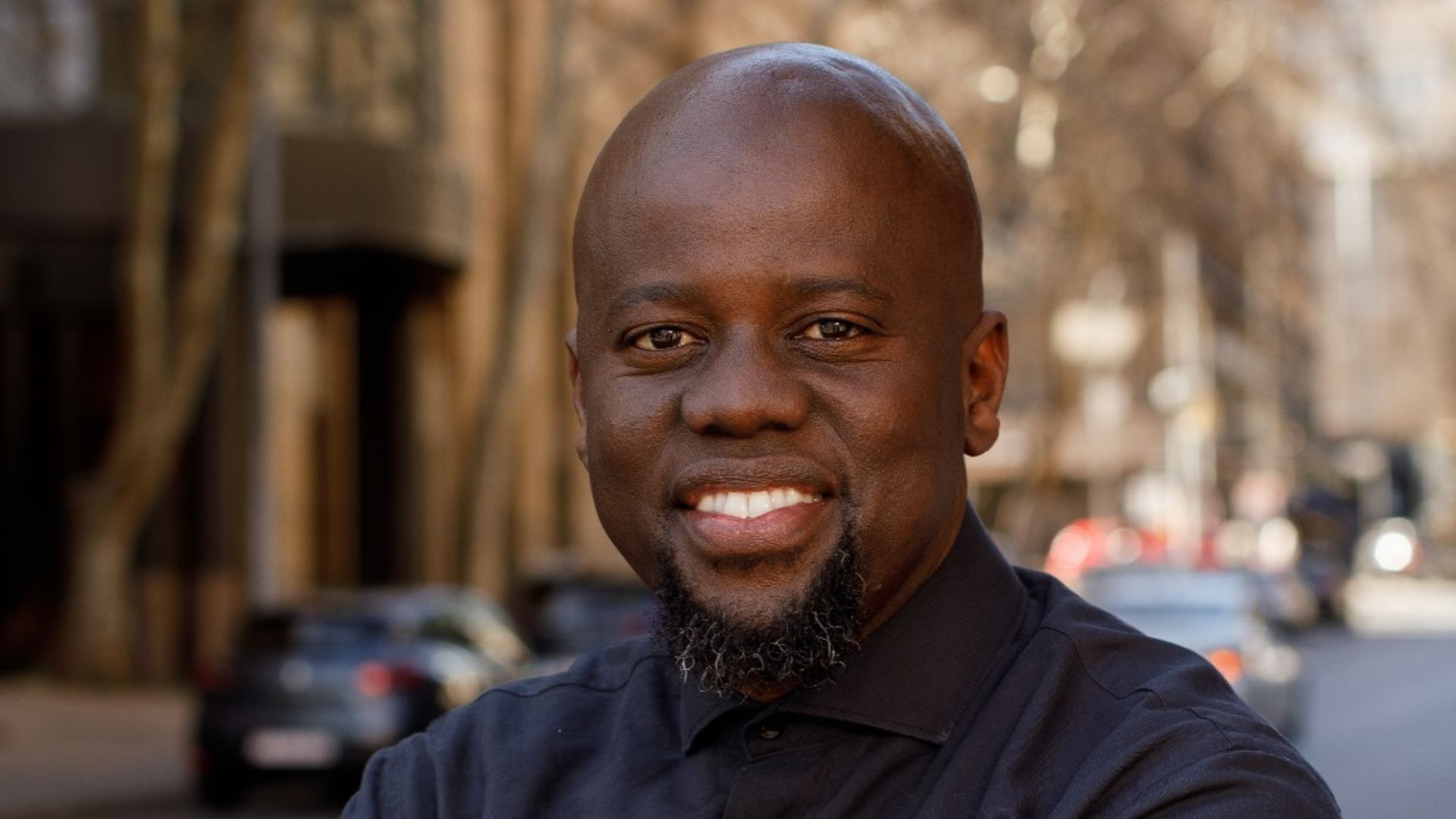
Venture Capital firms rarely shut down in Africa, especially not firms as prominent as 54 Collective. Before the venture studio shuttered in February 2025, only Naspers Foundry, once South Africa’s largest VC fund, had closed after its parent company pulled funding.
When news broke that 54 Collective was winding down, the industry was stunned—and full of questions. In recent days, court documents have begun to provide answers.
At the centre of the collapse is a $700,000 rebranding exercise that Mastercard Foundation, the studio’s biggest backer, says it never approved. The Foundation’s grant agreement, which began in 2023, committed $106.5 million over five years to fund 54 Collective under strict rules that all spending be for non-profit purposes.
The rebrand, which blurred the lines between Africa Founders Ventures (AFV) and its affiliated for-profit entities, Founders Factory Africa and Utopia Capital, triggered alarms at Mastercard Foundation. Not only was the expenditure deemed non-compliant, but it raised concerns that the grant funding was potentially bolstering commercial brands.
Bongani Sithole, 54 Collective’s former CEO, told TechCabal that the rebrand was approved by the Foundation and denied any wrongdoing.
But court filings contradict that account. According to the filings, the rebranding set off a chain of scrutiny that ultimately led to a forensic audit by Deloitte.
The audit uncovered a disturbing picture: no audited financials for 2023 or 2024, over 2,000 backdated journal entries that skewed the firm’s income reporting, and a $4.59 million transfer from AFV’s Standard Bank account to one controlled by Founders Factory Africa.
Following these findings, Mastercard Foundation issued a 90-day termination notice, demanded a return of its funds, and eventually took legal action to freeze AFV’s accounts. By May 2025, the Foundation had filed for the studio’s wind-up in court, officially bringing one of Africa’s most active investors to a halt.
The consequences for Africa’s tech ecosystem are far-reaching. Dozens of early-stage startups have lost a key source of funding and mentorship. Employees were laid off without guaranteed severance. And the collapse of 54 Collective—once the continent’s busiest investor—has left a hole in the already fragile venture landscape.
Paying 2% or more on every transaction adds up fast.

For businesses in e-commerce, logistics, travel, fintech, and more, every naira counts. Fincra helps you save more with 1% NGN fees capped at ₦300. Ideal for high-value or high-volume transactions. Get started for free with just your email address!
Startups
M-KOPA faces legal heat over employee equity share model
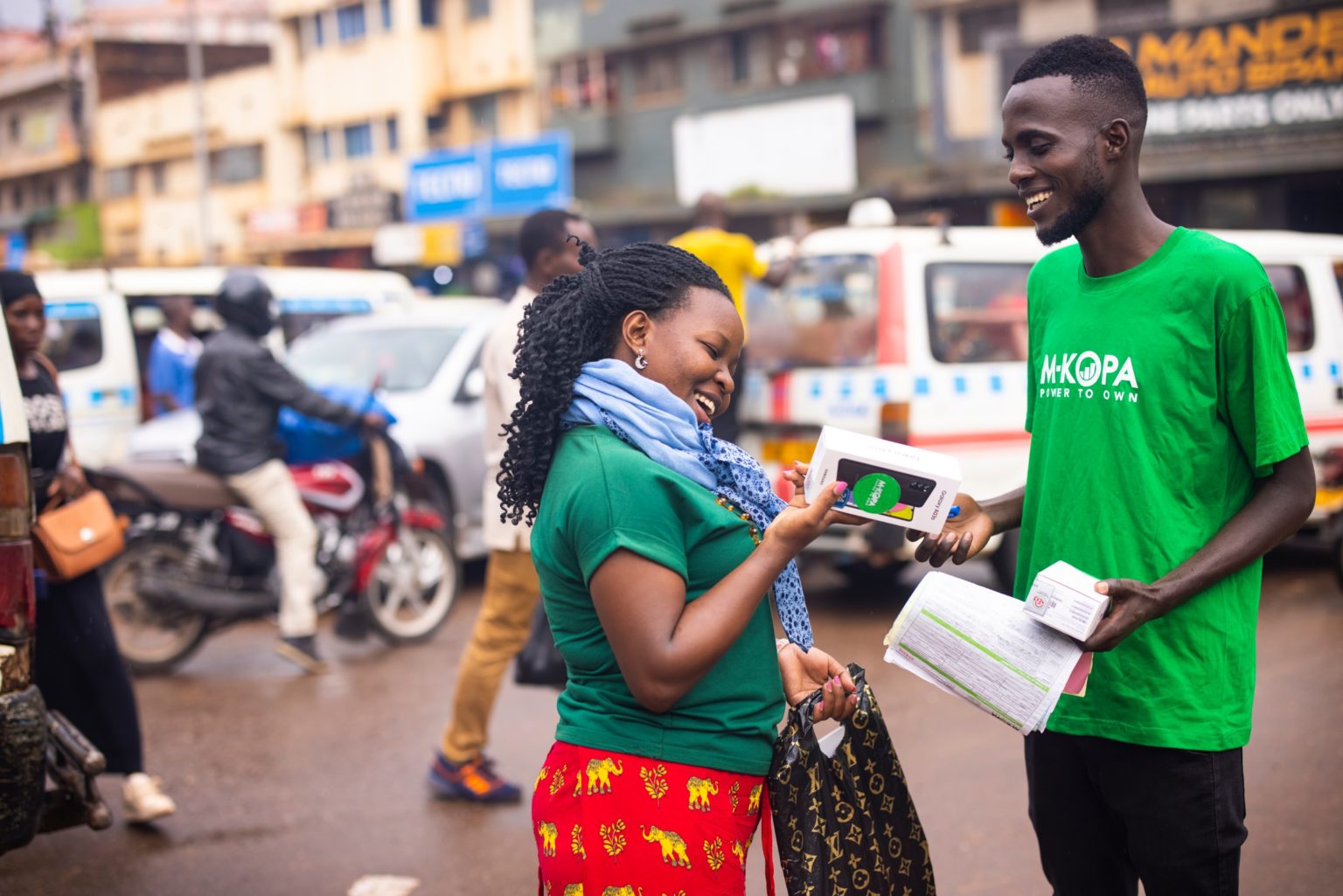
A former M-KOPA Kenya manager, Elizabeth Njoki, has sued the company, alleging its 2019 equity restructuring sidelined African employees while protecting white expatriates and foreign investors.
The suit claims Kenyan staff were assigned to a weaker share class (“Minor Holders”) while a powerful new class (“Growth Shares”)—with better rights and exit terms—was mostly reserved for expatriates. Out of 48 recipients, only seven were African; none were Kenyan in a later round.
In a detailed statement to TechCabal, M-KOPA called the claims “baseless” and said Growth Shares were introduced after the original ESOP was exhausted in 2018. Both plans, the company said, were board-approved and designed by external consultants to reward and retain talent. Share allocations, it insists, were based on role and seniority, not race, and were overseen by a board HR committee chaired by an independent Kenyan director.
State of play: The case comes at a tense moment: as African startups face funding crunches, tough questions about who benefits during down rounds, recapitalisations, and secondary sales are gaining urgency.
The lawsuit is especially sensitive given the profile of investors, including Generation Investment Management (GIM), and British International Investment (BII)—a UK government-owned development finance institution (DFI)—which publicly promote inclusive development. M-KOPA maintains that allocations were based on seniority, not race. The petition claims the investors were shielded from dilution while local employees lost out.
The big picture: M-KOPA maintains the restructuring followed standard startup governance. The company is pushing for dismissal, arguing the matter belongs in UK courts. If the case proceeds in Kenya, it could set a precedent for how local courts view the responsibilities of global investors and holding companies operating in the Kenyan market.
Paga Engine powers the boldest ideas in Africa
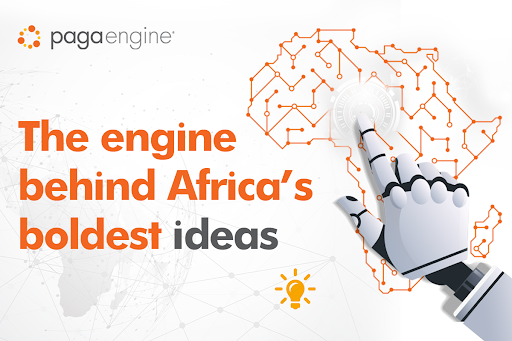
“Across various use cases and industries, Paga Engine provides reliable rails for your business needs to run smoothly and grow sustainably.” – Tayo Oviosu. Read the full article.
Emerging Tech
Itana launches an AI & data growth special zone in Lagos
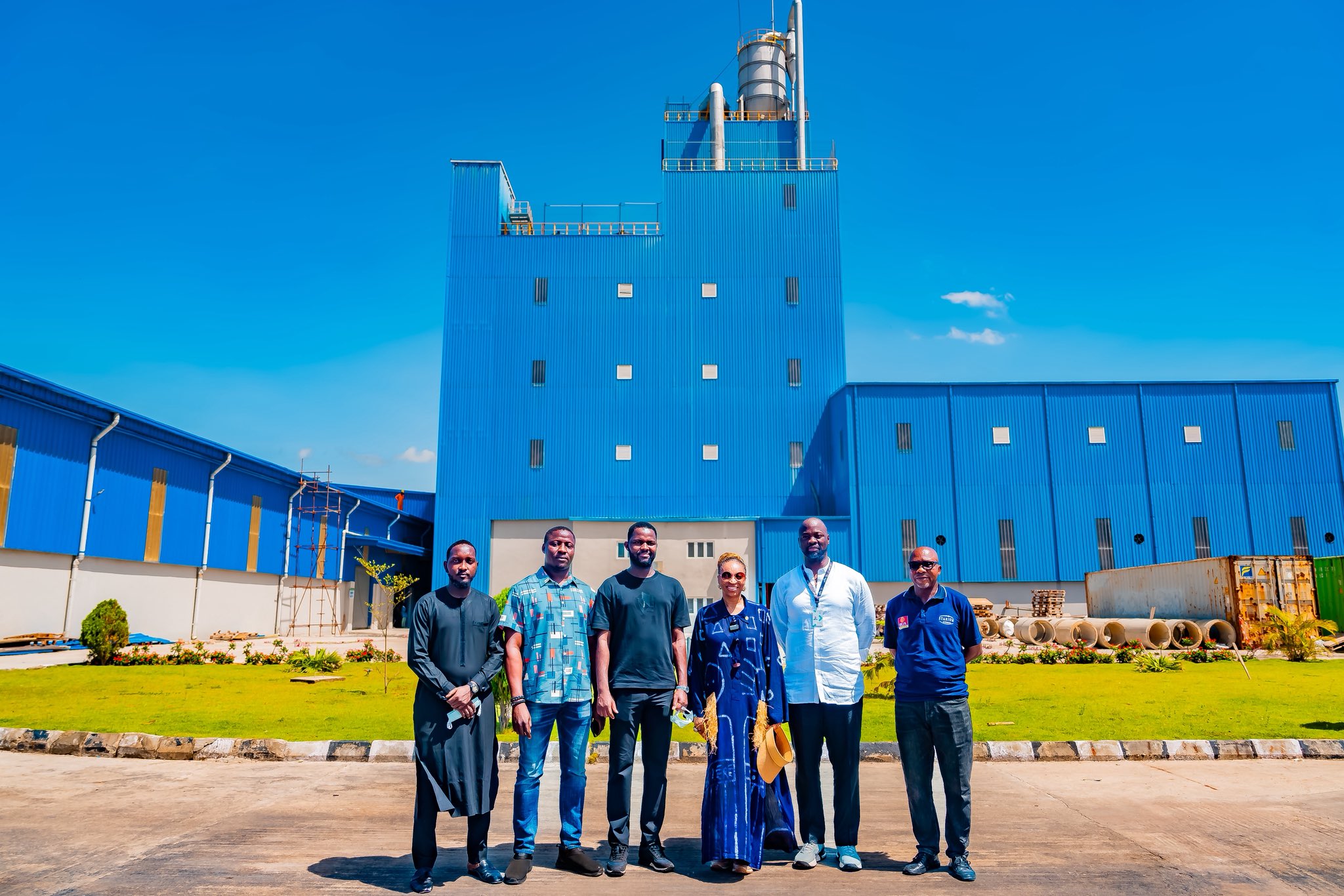
Itana, Africa’s first digital special economic zone, has launched the continent’s first full-stack AI growth zone in Lagos, Nigeria.
The new zone is designed to support AI-first companies, engineers, and researchers in building and successfully scaling AI solutions on African soil, rather than relying on expensive overseas infrastructure.
Why does it matter? Four countries account for the majority of AI Startups on the continent: South Africa, Kenya, Nigeria & Egypt. Nigeria alone has over 400 AI firms addressing issues in healthcare, education, and other areas. However, the underlying infrastructure behind Africa’s AI development remains foreign, mainly. Itana’s new ‘subzone’ will enable builders to train AI models and deploy them closer to where they are used. While infrastructure gaps have delayed AI progress on the continent, Itana aims to offer partnerships with local data centres and GPU providers to overcome these gaps.
State of play: Over 70% of the companies that have joined Itana’s Special Digital Economic Zone, which hosts the AI growth zone, are foreign or diaspora-owned. Itana supports remote operations: so companies do not need to relocate to access the zone physically. Over 30 AI-first companies are in the pipeline, with approximately 5% based in Nigeria.
Big picture: Africa has over 2,400 companies that specialise in AI, and 41% of those are startups. As Africa’s AI development continues to grow, investments in key infrastructure are essential to support this growth. MTN Nigeria also recently launched a $235 million data centre to capture the growing local demand for cloud infrastructure needed to support local AI innovation. Itana’s launch is offering players on the continent a path to improved technological sovereignty.
Psss  Here’s Paystack’s developer contributor of the month!
Here’s Paystack’s developer contributor of the month!
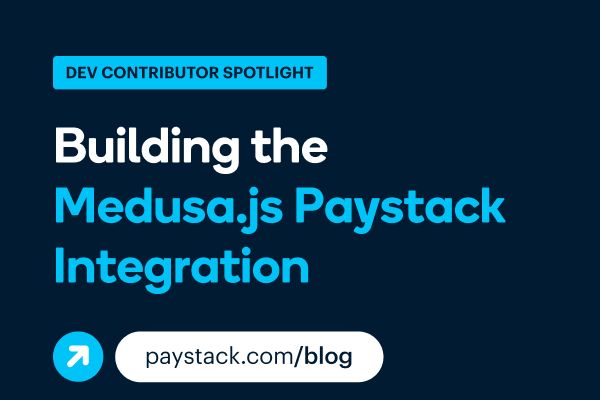
Software Engineer Andrew Glago built a Paystack plugin for Medusa.js, making it easier for African businesses to accept payments on custom online stores. Read the full story →
Mobility
Save the date: China’s EV brand, Leapmotor, hits South Africa this September

South Africa is already one of the hottest electric vehicle (EV) markets in Africa. It’s no surprise that Chinese automakers, like Leapmotor, are rushing in to grab a slice of the pie.
Now, Stellantis—the parent company of brands like Jeep, Fiat, Opel, Peugeot, and Citroen—is making its move.
RSVP: In September, the company will debut the Leapmotor C10, a smart electric SUV with tech that blends battery power with a petrol generator, in South Africa. This car doesn’t care if there is no charging station nearby; it has a built-in petrol engine that recharges the battery. South Africa will get this EV through Leapmotor International, the Stellantis-led joint venture created after its $1.6 billion investment in the Chinese EV maker.
Why South Africa? The country’s EV market is expected to surpass $94 million in 2025, and is projected to reach $140.4 million by 2029. In February 2025, the country introduced a 150% tax reduction to boost the production of EVs and hydrogen-powered vehicles. Although this policy will take effect in March 2026, this move shows the country’s commitment to positioning itself as a key player in the global EV market.
Leapmotor isn’t entering a quiet room. Other Chinese automakers like BYD, GAC, and Chery Auto are expanding into Africa. GAC, with 28 dealerships in South Africa, announced plans in May to launch new models of EVs by the end of the year. BYD, the world’s largest EV maker, had announced plans to triple its dealers’ network in South Africa. For Leapmotor, the race has just begun.
Although EV acceptance is growing, price will also matter for Leapmotor. In Europe, the C10 sells for £36,500 ($43,000) which is high above the R400,00 ($23,000) sweet spot where over 60% of South African buyers shop, according to the MD of Stellantis South Africa.
Leapmotor is betting that once South Africans see an EV that doesn’t rely on charging stations, they’ll lean in. The C10’s range-extending tech might just be the edge it needs to break into a price-sensitive, charger-shy market. Will it work? We’ll see in September.
Be the smartest person in the room; subscribe to The Big Daily.

You might not be the smartest person in the room but Zikoko Citizen’s newsletter, The Big Daily can make you sound like one. We make the biggest news around the world less boring and easier to understand. Subscribe here and never miss out on major updates.
CRYPTO TRACKER
The World Wide Web3
Source:

|
Coin Name |
Current Value |
Day |
Month |
|---|---|---|---|
| $118,852 |
+ 1.32% |
+ 17.05% |
|
| $3,714 |
+ 0.72% |
+ 65.67% |
|
| $0.1209 |
+ 96.53% |
+ 173.76% |
|
| $201.29 |
+ 1.60% |
+ 60.69% |
* Data as of 06.30 AM WAT, July 23, 2025.
Unlock the secrets to financial freedom at the Naira Life Conference by Zikoko

The Naira Life Conference will bring together finance experts, industry leaders, creators, and entrepreneurs who will share their own journeys and offer actionable strategies to make your financial dreams a reality. Think: bold conversations, immersive workshops, and content tracks that hand you a playbook for building real wealth. It’s happening on August 8 at the Jewel Aeida, Lekki. Get tickets here to secure a spot.
Opportunities
- MEST Africa has opened applications for its 2026 AI Startup Programme. The 12-month training and incubation programme will equip West African software developers aged 21–30 with the skills to build scalable AI startups. Selected participants will undergo seven months of hands-on training in Ghana starting January 2026, followed by a four-month incubation for the most promising teams. Applications close August 22, 2025. Apply here.
- Applications are still open for the 2025 FATE Institute Fellowship, a two-year, part-time and virtual programme for experienced Nigerian professionals passionate about entrepreneurship and policy reform. The fellowship is open to candidates with at least 10 years of relevant experience and a completed or ongoing Master’s or PhD in fields like Economics, Law, or Political Science. Fellows will work remotely, contribute to research on Nigeria’s entrepreneurship ecosystem, engage with policymakers, and take part in virtual policy discussions, without needing to leave their current roles. Apply by July 25.
- We’re launching TechCabal Insights Market Researcher
 , a tool that helps you find and analyse African tech and business data in seconds. Whether you’re looking for startup funding numbers, market trends, or investor activity, it does the digging for you—fast and accurately. Be the first to try it. Join the waitlist.
, a tool that helps you find and analyse African tech and business data in seconds. Whether you’re looking for startup funding numbers, market trends, or investor activity, it does the digging for you—fast and accurately. Be the first to try it. Join the waitlist. - Nithio is offering $50,000–$500,000 in flexible financing to clean energy startups in Kenya and Nigeria. Eligible companies include solar home system providers, clean cooking ventures, and businesses selling appliances like solar fridges or mills. Applications open on July 21; learn more.
- INSEAD and Harvard’s Tech for All Lab are launching an 8-week virtual sprint for early-stage founders building AI-powered startups. The organisers are pushing for strong African representation, with up to 50 percent of the cohort reserved if enough quality applications come in. The programme is free, fully online, and offers over $100,000 in seed prizes, global mentorship, and demo day exposure in San Francisco, Abu Dhabi, and Singapore. Applications close July 30.

Written by: Muktar Oladunmade, Opeyemi Kareem, and Ifeoluwa Aigbiniode
Edited by: Faith Omoniyi & Ganiu Oloruntade
Want more of TechCabal?
Sign up for our insightful newsletters on the business and economy of tech in Africa.
- The Next Wave: futuristic analysis of the business of tech in Africa.
- TC Scoops: breaking news from TechCabal
- TNW: Francophone Africa: insider insights and analysis of Francophone’s tech ecosystem
P:S If you’re often missing TC Daily in your inbox, check your Promotions folder and move any edition of TC Daily from “Promotions” to your “Main” or “Primary” folder and TC Daily will always come to you.

from TechCabal https://ift.tt/MY9daoz
via IFTTT




Write your views on this post and share it. ConversionConversion EmoticonEmoticon